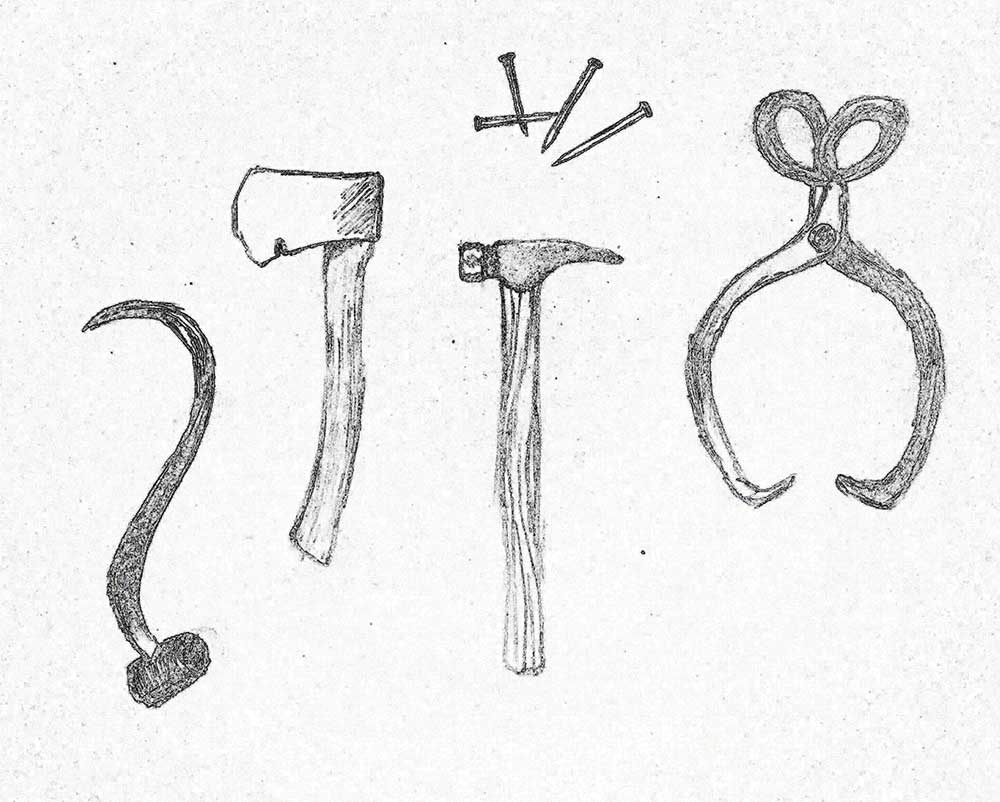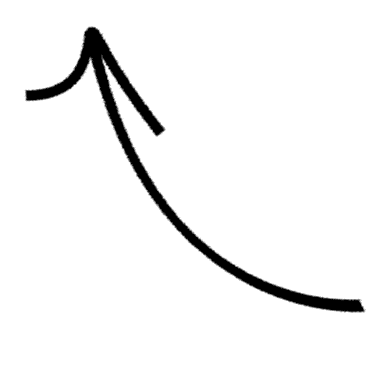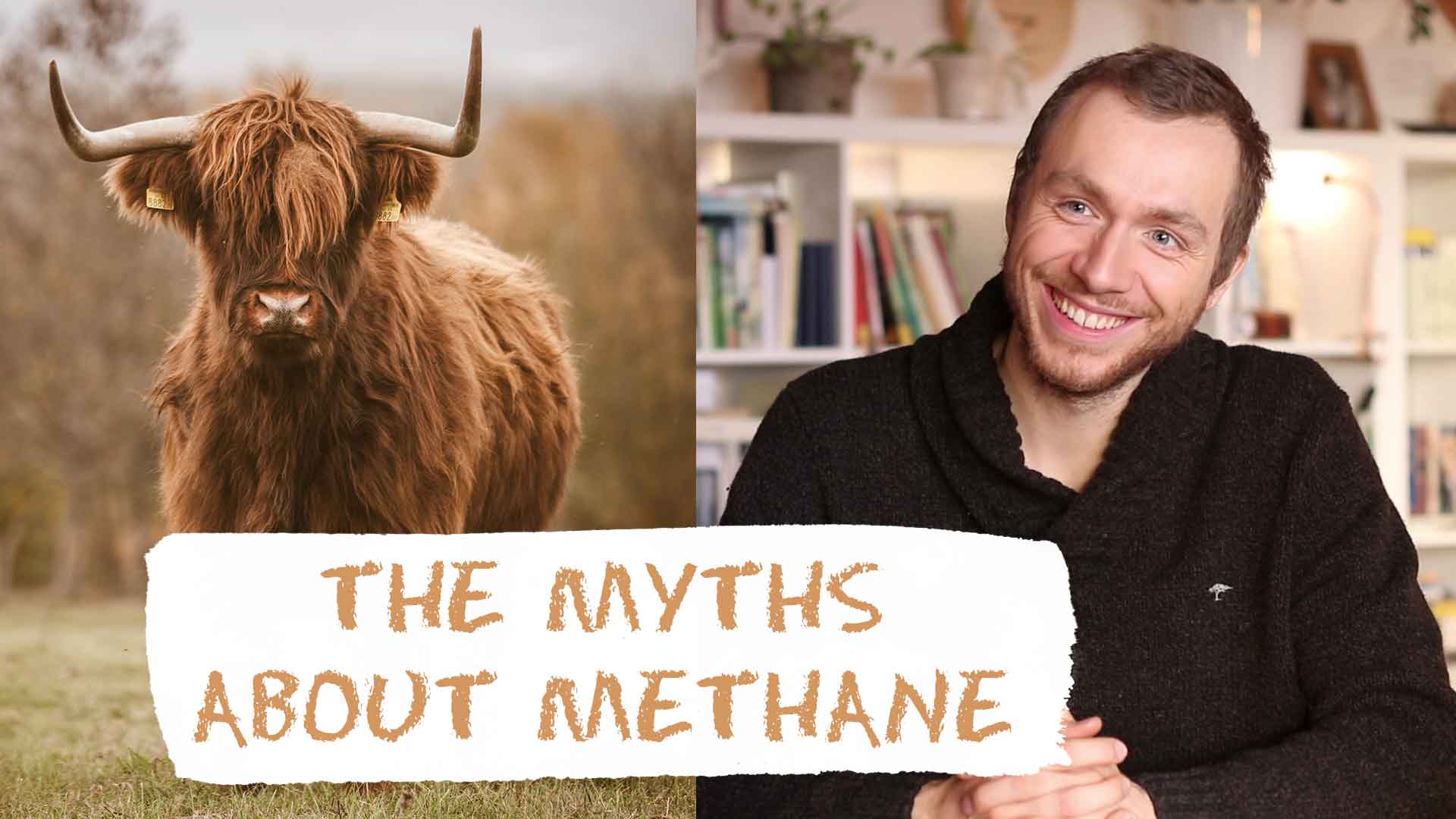
Science & Philosophy
Science is the tool. Philosophy is the answer, how to use it.

In the wrong hand a hammer can be a murder weapon and in the right hand a tool to drive a nail into the wall. It shows the importance of philosophy and why technology is not the answer to the problems of our time.
Current topic
Methane & Cattle Husbandry
What impact does methane have on our environment? And how can beef be sustainable?

I grew up on a cattle farm in Northern Germany, but for the past 10 years I haven’t consumed any meat, eggs or dairy. Nontheless there are reasons for chosing certain animal products in the right quantity, even beef, at least from an environmental point of view. Cattle don’t deserve the bad reputation they’ve been getting.
An oversimplified view on the food system and parts of it like beef and dairy can cause bigger environmental problems, just by pointing out the wrong culprit. Cattle are often critized for emitting methane. However, different origins of methane and the natural carbon cycle show that the most used metric to quantify greenhouse gas emissions (GWP100) doesn’t display the real warming effects of methane. And in the end cows (and their methane) are not responsible for our climate, environmental and social problems: it’s us and our overconsumption.
Ironically, blaming methane could lead to more animals ending up in factory farms and slaughterhouses. So who is it helping?
